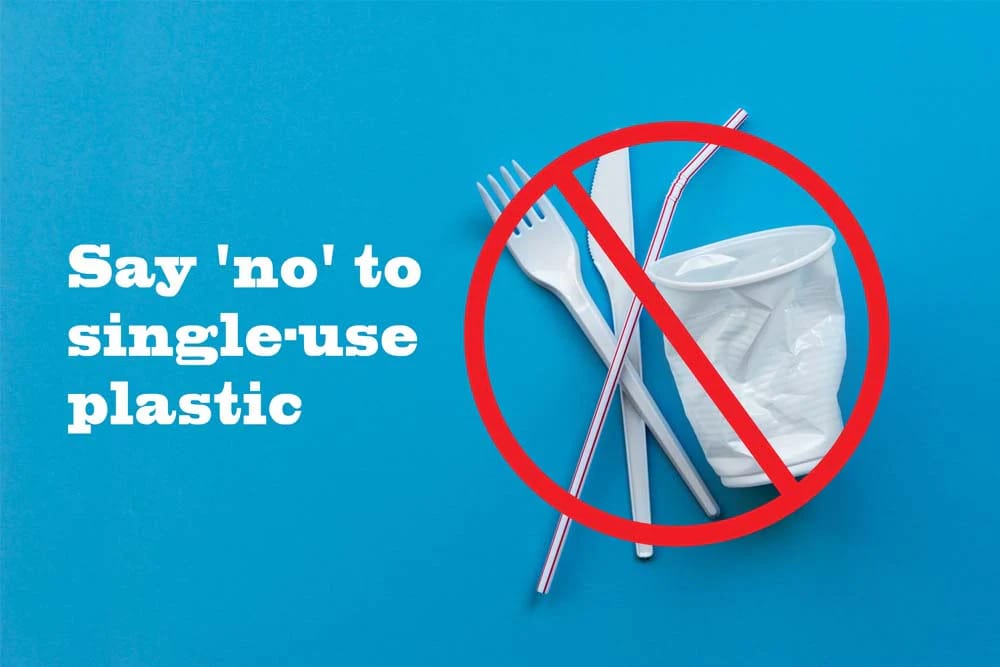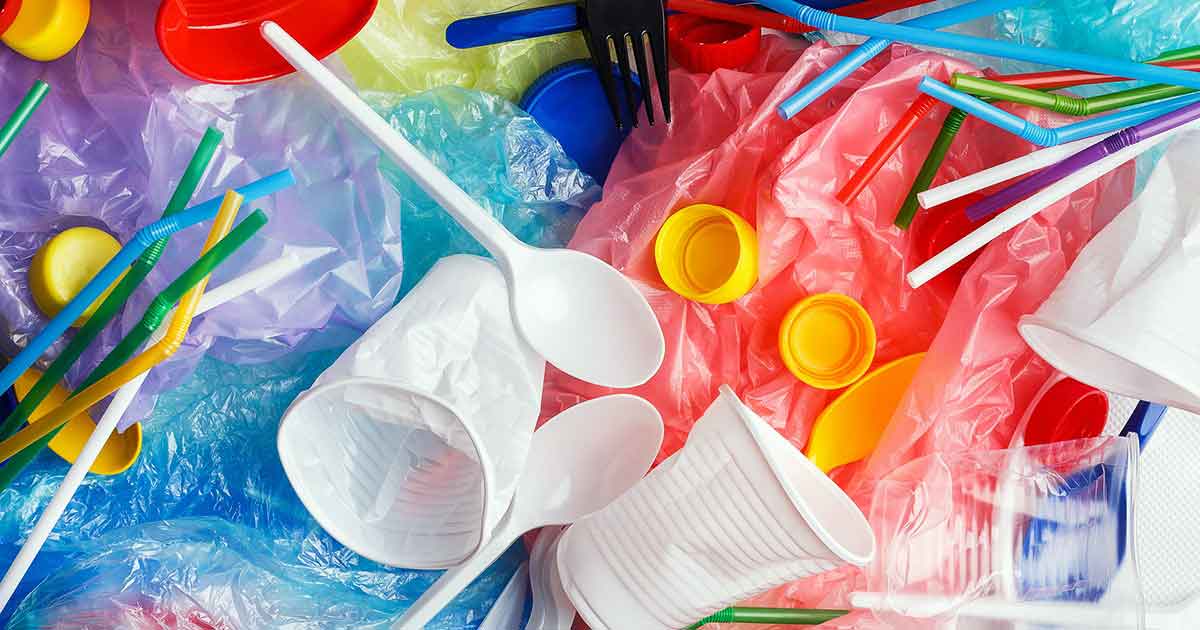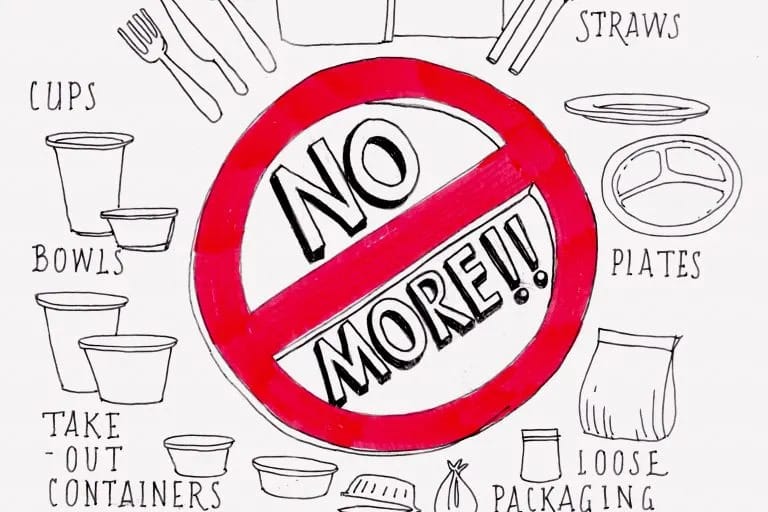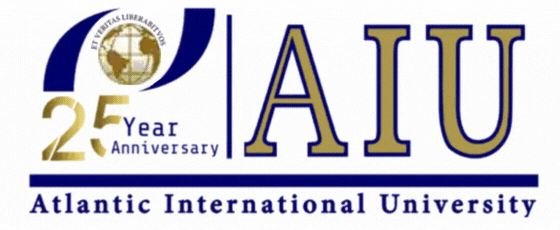- RESEARCHDistance Learning at AIU is enhanced by vast academic resources and innovative technologies build into the Virtual Campus: Hundreds of self-paced courses with video lectures and step by step lessons, thousands of optional assignments, 140,000 e-books, the Social Media & Networking platform allowing collaboration/chat/communications between students, and MYAIU develop students holistically in 11 areas beyond just academics.
- PROGRAMS OFFERED
- Areas of Study
- Courses and Curriculum
- Open Courses
- Register for a Program
- Associate Program
- Associate in Addiction Counseling
- Associate in Agriculture Food And Resources
- Associate in Anti Terrorism Security
- Associate in Behavior Analysis In Special Education
- Associate in Bioethics
- Associate in Climatology
- Associate in Cultural Theological Communication
- Associate in Culinary Arts
- Associate in Ecotechnology
- View all Associates Programs
- Bachelor Program
- Bachelors in Community Development
- Bachelors in Environmental Science
- Bachelor in Education (B.Ed, BS)
- Bachelors in Economics
- Bachelors in Entrepreneurship
- Bachelors in Financial Administration
- Bachelors in Human Resource Management
- Bachelors in Linguistics
- Bachelors in Nutritional Science
- Bachelors in Occupational Health and Safety
- Bachelors in Psychology
- View all Bachelor Programs
- Doctorate Program
- Doctor | of Biology (PhD)
- Doctorate in Business Administration (DBA, PhD)
- Doctor of Economics (PhD)
- Doctor of Electrical Engineering (D.Sc, PhD)
- Doctor of Finance (PhD)
- Doctorate in International Relations
- Doctorate in Information Technology (D.Sc)
- Doctor of Legal Studies (PhD)
- Doctor of Project Management (PhD)
- Doctor of Sociology (PhD, D.Sc)
- Doctorate in Sustainable Natural Resources Management
- View all Doctorate Programs
- Master Program
- Postdoctoral Program
- Postdoctoral in Animal Science
- Postdoctoral in Anti Terrorism Security
- Postdoctoral in Behavior Analysis In Special Education
- Postdoctoral in Bioethics
- Postdoctoral in Blockchain Technology and Digital Currency
- Postdoctoral in Business Management
- Postdoctoral in Cloud Computing
- Postdoctoral in Computer Engineering
- View all Postdoctoral Programs
AIU offers a wide range of majors in areas including the Arts, Business, Science, Technology, Social, and Human studies. More than 120 degrees and programs are available for adult learners at the associate’s, bachelor’s, master’s, doctoral and postdoctoral level. - VIRTUAL CAMPUS
Distance Learning at AIU is enhanced by vast academic resources and innovative technologies build into the Virtual Campus: Hundreds of self-paced courses with video lectures and step by step lessons, thousands of optional assignments, 140,000 e-books, the Social Media & Networking platform allowing collaboration/chat/communications between students, and MYAIU develop students holistically in 11 areas beyond just academics.
- ALUMNI
The world is YOUR campus!”, that is the message of AIU’s month magazine Campus Mundi. Hear the voices and see the faces that make up AIU. Campus Mundi brings the world of AIU to you every months with inspirational stories, news and achievements by AIU members from around the world (students and staff are located in over 200 countries).
Breaking Free from Plastic: A Global Exploration of Single-Use Plastics Bans and Their Impact

Discuss the environmental benefits and challenges of implementing bans on single-use plastics worldwide. How effective are these policies in reducing plastic pollution, and what are the critical challenges in their enforcement?
What opportunities does this shift create for innovation and sustainable economic growth? Additionally, how can governments ensure these initiatives are equitable and accessible to all populations?
Evaluate the role of international cooperation in tackling global plastic pollution. What are the barriers to achieving policy alignment among different countries, and how can collaboration between governments, academia, and industry accelerate progress towards a sustainable future?
Considering the multifaceted impacts of single-use plastics bans on the environment, economy, and society, write an essay discussing the challenges and opportunities these initiatives present on a global scale. Support your arguments with examples from current policies and initiatives worldwide.
(Login to your student section to access the AIU Additional Resources Library.)
Breaking Free from Plastic: A Global Exploration of Single-Use Plastics Bans and Their Impact
In recent years, there has been an accelerating global movement to curtail the rampant use of single-use plastics, spurred by escalating concerns over environmental degradation and sustainability. Governments, businesses, and consumers increasingly acknowledge these plastics’ profound impact on fragile ecosystems, wildlife populations, and human health. Consequently, many countries and municipalities worldwide have taken decisive action by implementing bans or strict regulations on single-use plastics. This article delves into the far-reaching impacts of such measures on a global scale, exploring the challenges and the transformative benefits they bring.

AIU is at the forefront of this global effort, offering advanced educational programs such as a Doctorate in Environmental Science. These initiatives aim to equip future leaders with the knowledge and skills to address pressing environmental challenges, including the pervasive issue of single-use plastics.
Understanding Single-Use Plastics
Due to their durability and affordability, single-use plastics, characterized by their disposability after a single use, have become pervasive daily. Items such as plastic bags, straws, bottles, and food packaging are emblematic examples. However, their convenience has severe environmental consequences. These plastics are frequently discarded improperly, leading them to accumulate in landfills, oceans, and other natural habitats.
Their persistence in the environment contributes substantially to pollution. They adversely affect marine life by entangling animals and being ingested, which can result in injury or death. Moreover, as they break down into smaller particles, these plastics can enter the food chain, potentially posing risks to human health. The widespread use and improper disposal of single-use plastics underscore the urgent need for effective strategies to mitigate their environmental impact and promote sustainable alternatives.
Global Efforts and Initiatives
Recognizing the urgent need for action, countries worldwide are increasingly implementing measures to curb the pervasive use of single-use plastics. These initiatives vary widely in scope and severity, ranging from targeted prohibitions on specific items like plastic bags or straws to comprehensive bans covering a broad spectrum of disposable products. For example, the European Union has enacted a directive to significantly reduce the consumption of several single-use plastic items across its member states. This directive targets plastic cutlery, plates, and cotton buds, emphasizing the EU’s commitment to environmental sustainability and waste reduction.
Similarly, nations like Canada have taken decisive steps at the national level by implementing legislation to restrict or phase out certain single-use plastics. These efforts are part of a broader strategy to combat plastic pollution, preserve natural ecosystems, and protect wildlife. Countries adopting such measures address immediate environmental challenges and set precedents for global environmental stewardship and sustainable resource management.
These critical initiatives underscore the importance of proactive environmental policy and sustainable practices. AIU recognizes the growing demand for skilled professionals in environmental science and sustainability. AIU offers programs such as a Bachelors in Environmental Science, equipping students with the knowledge and skills to contribute to global environmental conservation and policy implementation efforts. By joining AIU, students can become catalysts for positive change, driving innovations and solutions that promote a cleaner, more sustainable future for all.
Environmental Impact
Reduction in Plastic Pollution
One of the primary motivations behind single-use plastic bans is to curb environmental pollution effectively. By imposing restrictions on the production and consumption of these items, governments aim to substantially diminish the volume of plastic waste infiltrating landfills and natural ecosystems. The research underscores that such bans can yield remarkable reductions in plastic debris along coastlines and marine environments. These measures alleviate the burden on marine life and enhance the overall health of coastal ecosystems.
Studies have consistently demonstrated the positive impact of these bans, highlighting significant decreases in plastic waste found on beaches and in oceans post-implementation. This reduction directly translates into fewer marine animals ingesting or becoming entangled in plastic debris, safeguarding biodiversity and supporting ecosystem resilience.
Moreover, implementing single-use plastic bans fosters a broader cultural shift towards sustainable consumption habits and the promotion of eco-friendly alternatives. It encourages innovation in packaging and materials that are biodegradable, compostable, or easily recyclable, further contributing to long-term environmental sustainability goals.
By prioritizing these environmental initiatives, governments mitigate the immediate threats posed by plastic pollution and pave the way for a more sustainable future. They set a precedent for global environmental stewardship and inspire collective action to preserve our planet’s natural resources for generations to come.
Challenges of Enforcement and Compliance
Despite the environmental benefits, implementing and enforcing bans on single-use plastics can pose significant challenges. Compliance among businesses and consumers may vary, and alternative materials used to replace plastics may have environmental drawbacks. Additionally, enforcement mechanisms and infrastructure for waste management need to be robust to ensure the effectiveness of the bans.

Economic Implications
Opportunities for Innovation
The shift from single-use plastics has spurred innovation in sustainable materials and packaging. Businesses are increasingly investing in research and development of biodegradable alternatives or reusable products. This has created opportunities for new industries and technologies that support a circular economy, where materials are reused or recycled rather than disposed of after a single use.
Economic Costs and Benefits
While upfront costs are associated with transitioning away from single-use plastics, such as investing in alternative materials or upgrading manufacturing processes, long-term economic benefits exist. Reduced environmental cleanup costs, improved public health outcomes, and enhanced natural resource conservation can contribute to long-term economic savings.
Social and Behavioral Change
Consumer Awareness and Behavior
Bans on single-use plastics have also raised public awareness about the environmental impact of everyday consumption choices. Consumers are increasingly mindful of their plastic usage and are more likely to support businesses and policies that promote sustainability. This cultural shift towards environmental consciousness can lead to broader consumption patterns and lifestyle changes.
Equity and Accessibility
It is crucial to consider the social equity implications of single-use plastic bans. Specific communities, particularly those with limited access to affordable alternatives or recycling infrastructure, may be disproportionately affected. Governments and businesses must work to ensure that initiatives to reduce plastic waste are inclusive and accessible to all populations.
Future Outlook and Challenges
Global Cooperation and Policy Alignment
Achieving meaningful reductions in single-use plastics requires international cooperation and policy alignment. Given the global nature of plastic pollution, concerted efforts at the international level are essential to address production, consumption, and waste management practices across borders.
Innovation and Research
Continued investment in research and innovation is necessary to develop sustainable alternatives to single-use plastics and improve recycling technologies. Collaboration between governments, academia, and industry can accelerate progress towards a more sustainable future.
Conclusion
In conclusion, implementing bans on single-use plastics marks a crucial milestone in the ongoing battle against environmental pollution. These measures signify a collective commitment to safeguarding our planet and herald a shift towards more sustainable consumption and production practices. However, their success hinges on overcoming multifaceted challenges and seizing the opportunities they present.

By addressing these challenges comprehensively and collaboratively, governments, businesses, and communities can pave the way for a cleaner, healthier planet for future generations. This requires investing in innovative solutions, promoting public awareness, and enhancing global cooperation to tackle the root causes of plastic pollution.
The impact of global single-use plastics bans underscores the intricate connections between environmental preservation, economic prosperity, and social equity. It underscores the imperative for integrated approaches that balance environmental stewardship with economic viability and social inclusivity. Join AIU in advancing these critical initiatives. Pursue a path in environmental science to contribute meaningfully to our collective efforts in creating a sustainable future for all. Together, we can make a difference and inspire positive change for future generations.
Doctorate in Environmental Science – AIU
Environmental Impact Assessment
Bachelors in Environmental Science – AIU
Environmental Health Waste Management Practices and The Healthy Way Forward by Dr Omer Farooq K
Environmental Health by Dr Omer Farooq K
Muataz Dobouni – Student Publication
Plastic foam pollution from Chinese fisheries
References
Why stop at plastic bags and straws? The case for a global treaty banning most single-use plastics
Students and Schools Lead Global Revolt Against Single-Use Plastics
Reminder to our Dear Students,
Please ensure you are logged in as a student on the AIU platform and logged into the AIU Online
Library before accessing course links. This step is crucial for uninterrupted access to your learning
resources.
AIU Success Stories







Contact Us Today!
Begin Your Journey!
AIU’s Summer of Innovation and Growth gives you the ability to earn up to $5000 in tuition credit by completing free lessons and courses.
Whether you’re looking to acquire new skills, advance your career, or simply explore new interests, AIU is your gateway to a world of opportunities. With free access to 3400 lessons and hundreds of courses the ability to earn credits and earn certificates there’s no better time to start learning.
Join us today as a Guest Student and take the first step towards a brighter, more empowered future.
Explore. Learn. Achieve.

Contact Us
Atlantic International University
900 Fort Street Mall 905 Honolulu, HI 96813 [email protected]
Quick Links
Home | Online Courses | Available Courses | Virtual Campus | Career Center | Available Positions | Ask Career Coach | The Job Interview | Resume Writing | Accreditation | Areas of Study | Bachelor Degree Programs | Masters Degree Programs | Doctoral Degree Programs | Course & Curriculum | Human Rights | Online Library | Representations | Student Publication | Sponsors | General Information | Mission & Vision | School of Business and Economics | School of Science and Engineering | School of Social and Human Studies | Media Center | Admission Requirements | Apply Online | Tuition | Faculty & Staff | Distance Learning Overview | Student Testimonials | AIU Blogs | Register for Program | Privacy Policy | FAQ



















